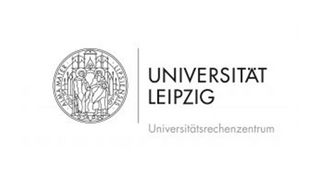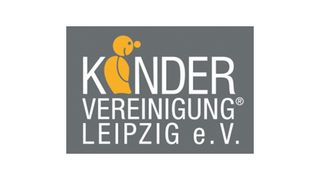The SO-SERVE project focuses on interaction work - working on and with people. Through improvements in work design, more time is to be created again for the actual core of interaction work, the interaction between people. To achieve this, a new approach to the design of interaction work is being created: SOCIAL SERVICE ENGINEERING (SSE).
Project description
Project approach
Working on and with people is subject to constant pressure to economise. In order to design work economically and still focus on customer benefits, the approach of service engineering is pursued. This efficiency-oriented approach, which deals with the design of services using appropriate procedures, methods and tools, is, however, at odds with the special form of acquisition of interactive work. Features such as mutual cooperation, dealing with emotions and situational needs for action are not sufficiently integrated. This is where the SO-SERVE project comes in.
Project goal
The project aims to develop principles, methods and a procedural model to support the humane and efficient design of interaction work. In order to address the specifics of interactive work, the efficiency-oriented service engineering approach will be enriched with work-psychological design solutions. Service engineering thus becomes social service engineering (SSE).
Implementation
Interdisciplinary cooperation is implemented in the project: The employee-oriented view of occupational psychology and design is taken into account as well as the economic and client-oriented view of service engineering. After a requirements analysis, an SSE information management platform for interaction work will be developed to utilise the digital potential of working on and with people. This will be tested and evaluated in the use cases of elderly care and childcare. In addition to the SSE method kit, an SSE procedure model supports practitioners in independently designing interaction work according to the SSE principles.
Results
- Hacker, W., Steputat-Rätze, A. & Pietrzyk, U. (2020). Verhältnis- und verhaltenspräventives Gestalten dialogisch-interaktiver Erwerbsarbeit. Zeitschrift für Arbeitswissenschaft, 74, 23–33. doi: 10.1007/s41449-020-00187-x
- Meyer, K. (2020). Vom Service Engineering zum Social Service Engineering – Anforderungen an die Schnittstelle zwischen Dienstleistungsentwicklung und Arbeitswissenschaft. Zeitschrift für Arbeitswissenschaft 74, 52–58. doi: 10.1007/s41449-020-00188-w
Project funding
This research and development project is funded by the Federal Ministry of Education and Research (BMBF) and the European Social Fund (ESF) as part of the "Future of Work" programme (funding code 02L18A180 ff.) and is supervised by the Project Management Agency Karlsruhe (PTKA). The responsibility for the content of this publication lies with the authors.







